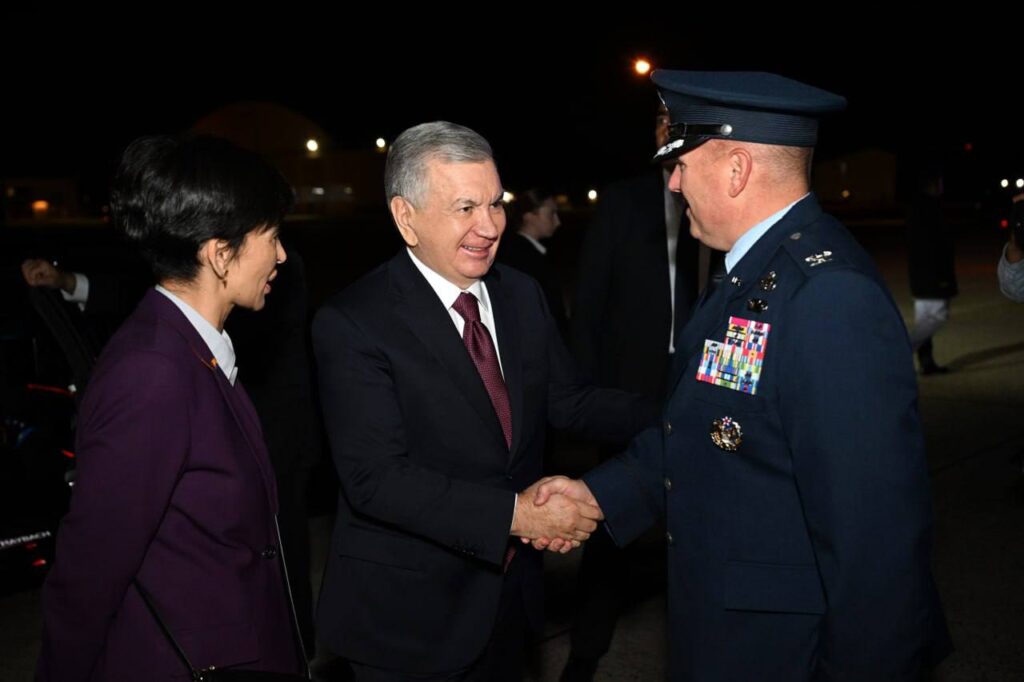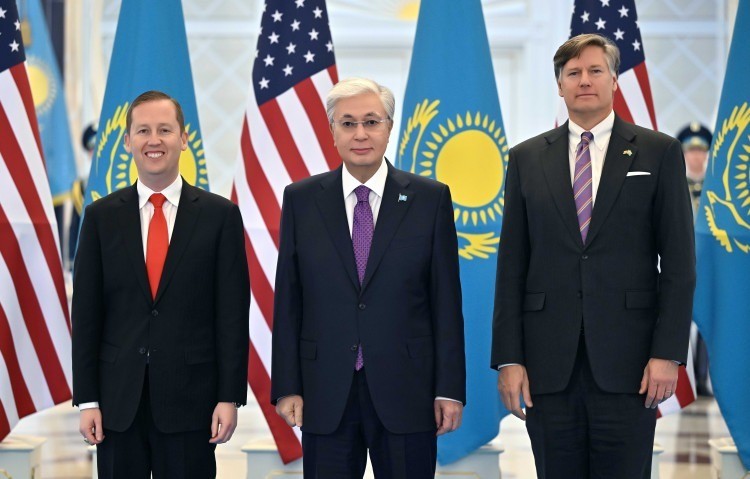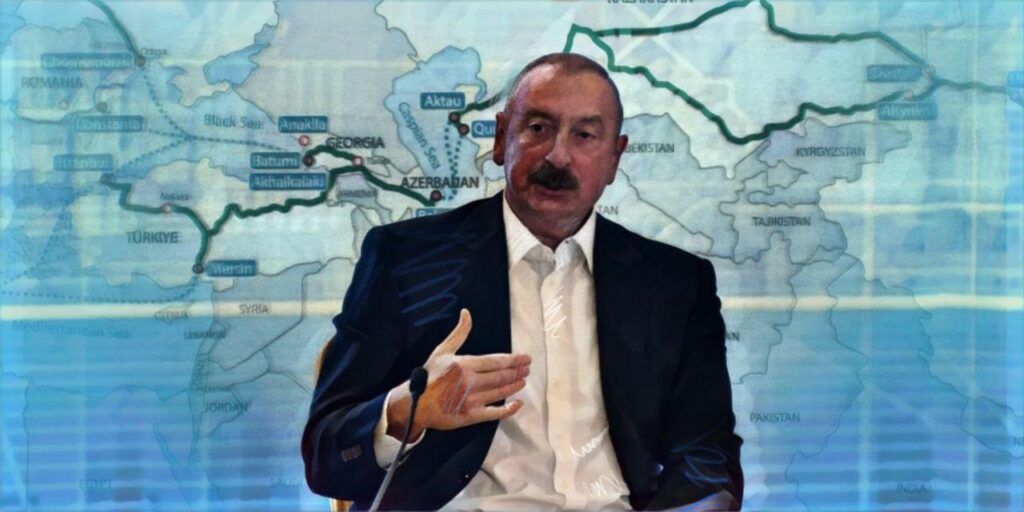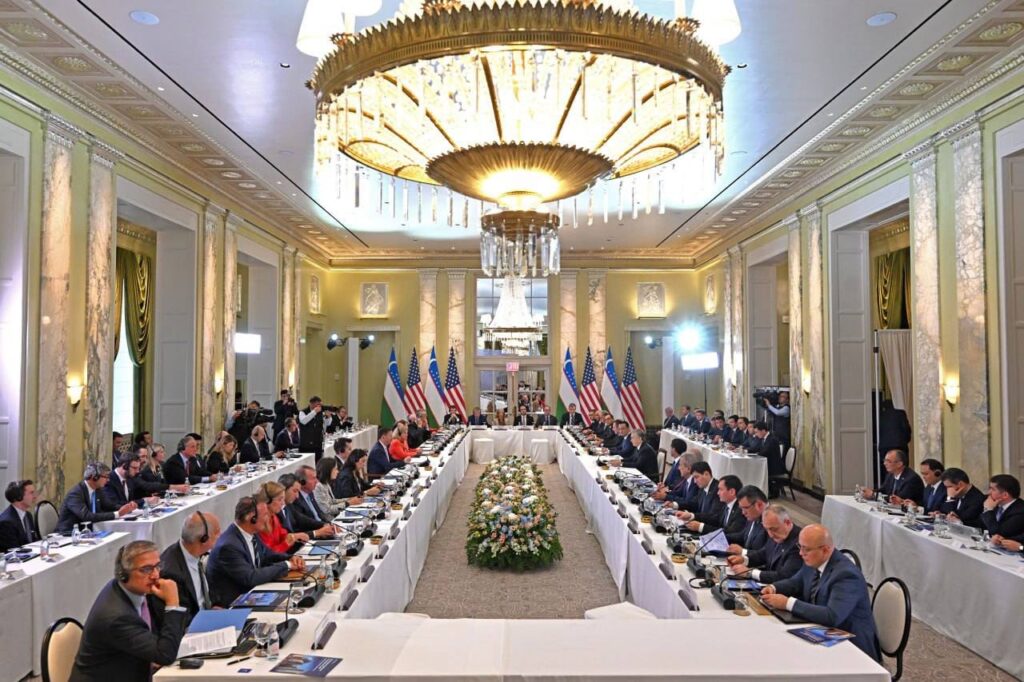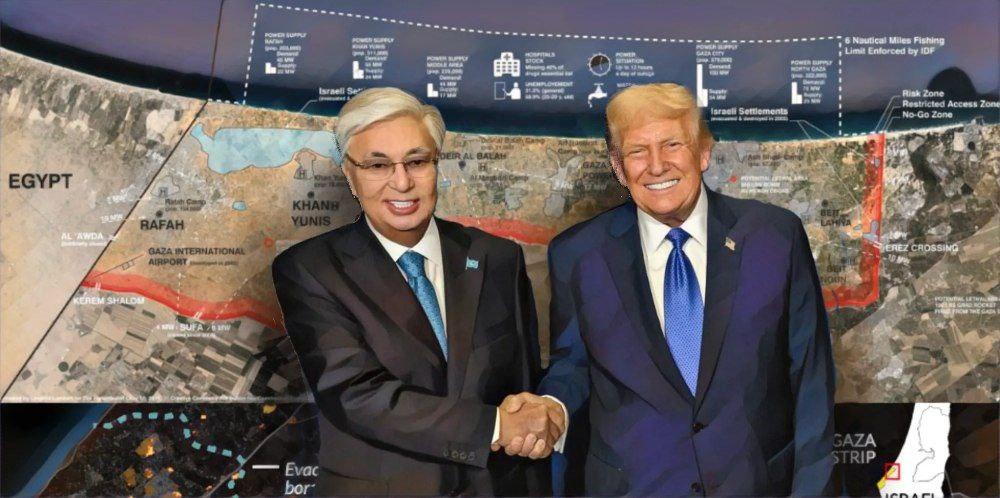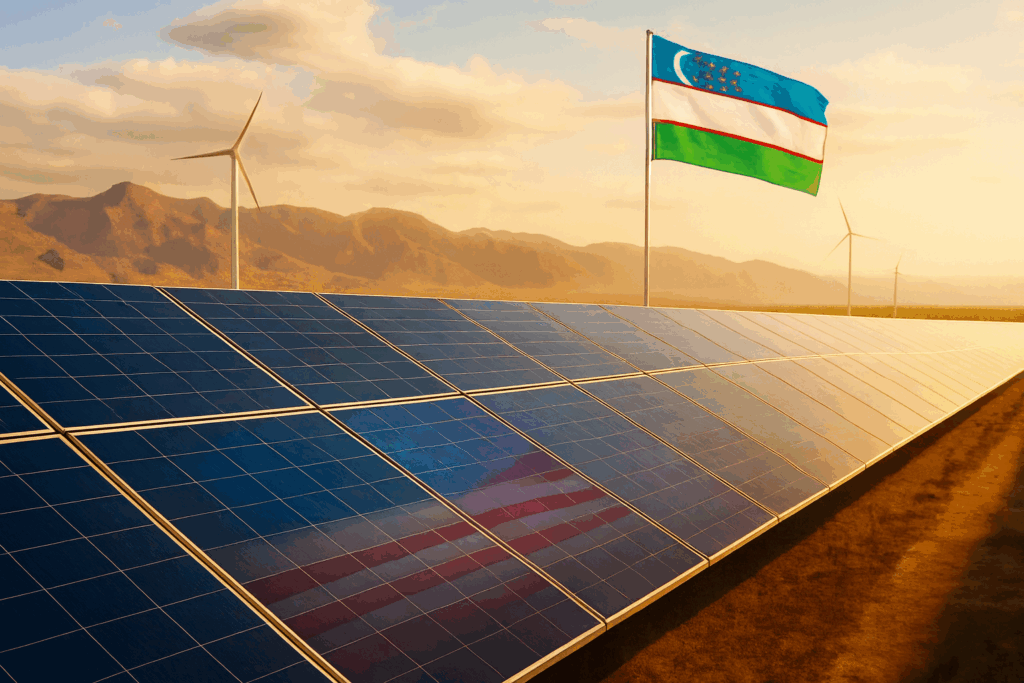Uzbekistan’s business relations with neighboring Afghanistan are booming.
In 2024, Uzbek-Afghan trade came to some $1.1 billion, and more than $1 billion of that was Uzbek exports to Afghanistan. It seems after the February 22-23 visit of Taliban acting Deputy Prime Minister for Economic Affairs Abdul Ghani Baradar to Uzbekistan, that figure is likely to continue climbing.
Baradar met with Uzbek Prime Minister Abdullo Aripov and Deputy Prime Minister Jamshid Khojayev to discuss trade and investment, which is essentially the basis of Uzbekistan’s relations with Taliban-ruled Afghanistan.
The immediate results of these talks were modest, but projects due to start in the near future offer substantial profits for both Uzbekistan and Afghanistan.
Uzbekistan agreed to lift restrictions on imports of Afghan agricultural goods, which facilitated another agreement establishing a free economic zone in Uzbekistan’s border area that would have factories for processing pine nuts and cotton from Afghanistan.
Agricultural goods are the bulk of Afghanistan’s exports to Uzbekistan, which is not surprising since more than 40 years of war have prevented Afghanistan from building many plants and factories for producing finished goods.
A report from November 2024 said in the first ten months of the year, Uzbekistan’s exports to Afghanistan came to some $855.9 million, while Afghan exports to Uzbekistan amounted to only some $28.3 million.
Power On
Uzbekistan is the leading exporter of electricity to Afghanistan, supplying nearly 60% of Afghanistan’s electricity imports, and that amount could increase soon.
Baradar’s delegation discussed progress on the 500 kV transmission line from Uzbekistan’s Surkhan region to Dashti-Alvan, near the Baghlan provincial capital Pul-e-Khumri, which will increase Uzbekistan’s electricity exports to Afghanistan by some 70%. Construction of the 260-kilometer transmission line started in 2018 and has been repeatedly delayed.
Baradar said Uzbek officials agreed to cut the cost of building the transmission line from $252 million to $222 million.
Turkmenistan is also considering building a 500 kV transmission line to Dashti-Alvan.
Uzbek Deputy Prime Minister Khojayev and Baradar reviewed progress at Afghanistan’s Toti-Mardan gas field, just south of the border with Turkmenistan, which is believed to contain vast reserves of natural gas.
In November 2024, Uzbekistan signed a ten-year contract to develop the gas field, pledging to invest $100 million in the project each year. According to reports about Baradar’s recent visit, drilling at the site is expected to begin soon.
Prime Minister Aripov said Uzbek investors were already preparing to start construction of a cement plant in Afghanistan’s Samangan Province. Taliban officials have been offering Uzbek companies opportunities in Afghanistan’s mining sector for months.
The Taliban acting minister of mines and petroleum, Hidayatullah Badri, was part of Baradar’s delegation and he met with Uzbek officials to discuss cooperation in developing Afghanistan’s mineral resources. The Afghan delegation again proposed Uzbek participation in developing mining sites, but there was no word in reports on any agreements.
Aripov mentioned Uzbekistan was interested in the exploration and extraction of oil and gas, both of which Uzbekistan needs for domestic consumption, but did not mention mining.
All Aboard
The most interesting agreement, arguably, came on railway cooperation.
For nearly seven years, Uzbekistan, Afghanistan, and Pakistan have been talking about building the Trans-Afghan railway that would connect the three countries. A railway line from Termez, Uzbekistan, already reaches the northern Afghan city of Mazar-i-Sharif.
It is Afghanistan’s major railway link with the outside world.
The Trans-Afghan railway line would link Mazar-i-Sharif to the Afghan capital Kabul, and from there to Peshawar, Pakistan. This would create a new trade link potentially involving Russia, China, the Middle East, and India shipping goods through Uzbekistan and Afghanistan, bringing large transit fees to both the latter two countries.
This project was a topic of conversation during Baradar’s visit, and Uzbek Transport Minister Ilhom Makhkamov said work on extending the railway from Mazar-i-Sharif to Kabul would start this year. However, Baradar said an agreement was reached on a different railroad branch that would go west from Mazar-i-Sharif to Herat.
In 2024, a railway connecting the eastern Iranian city of Khaf to Herat started operation. The line connects to Iran’s railway network, leading west to Turkey or south to the Persian Gulf.
Baradar said Uzbekistan would soon send specialists to conduct a technical assessment of the railway route and construction would begin ten days after the approval of their assessment.
The Elephant in the Room
One of the contentious issues between Uzbekistan and Afghanistan is the construction of the Qosh-Tepa Canal in northern Afghanistan. The canal is not due to be completed until 2028, but once it is opened, it will draw significant amounts of water from the Amu-Darya, the river that marks much of Afghanistan’s border with Central Asia.
Agricultural fields in Uzbekistan and Turkmenistan will be severely affected.
Reports on Baradar’s visit did not mention that the issue of water use was discussed in Uzbekistan. But the day after he returned to Afghanistan, Baradar spoke about responsible water use, warning that unnecessarily depleting water supplies could lead to a worsening of political and economic relations among countries.
Only the Start?
Uzbek and Taliban officials have been talking about bringing bilateral trade to some $3 billion in the coming years, and judging from their bilateral trade in 2024, this figure seems possible. According to Uzbekistan’s figures, Uzbek-Afghan trade in 2023 amounted to some $866 million, and $759.9 million in 2022.
Going forward, many questions remain about Uzbekistan’s ability to finance large projects in Afghanistan, and Afghanistan’s ability to pay for Uzbekistan’s exports, but for now, the Uzbekistan-Taliban relationship built on business ties seems to be strengthening.


